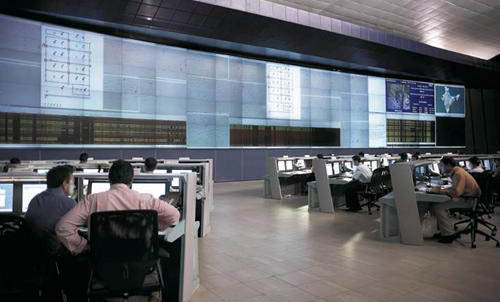
FDI in retail signals evolution for retail real estate services
With FDI now permitted for multi-brand retailing in India, global retail giants are now zeroing in on India.

With FDI now permitted for multi-brand retailing in India, global retail giants are now zeroing in on India.

About 49 per cent of non-resident Indians, or NRIs, are looking to buy property in India purely for investment purposes, according to a study.

The global debt funding gap is estimated to total US$142bn over the next three years (2012-2014) according to latest research from DTZ.

India and China have been forever up for comparison in the past. There has been no end to the debates on which of the two economies out-performs the other, and China seems to have emerged as the default favourite for any number of reasons.

The impact of slowdown is already being felt on the real estate market with residential segment witnessing sluggish demand across all the major cities.

While other leading players in the realty and construction are reeling under investors’ loss of confidence, JP Infra’s stock has zoomed by over 40 per cent from Rs.44.50 exactly a month ago to Rs.63.05 on the BSE, outpacing peers.

The festival of Diwali has a direct bearing on the property market, and irrespective of the overall macro economic scenario the property transactions around this time of the year have been the maximum.

If the current economic conditions have proved nothing else, they certainly prove that investment in Indian residential real estate is impossible to write off, ignore or find an alternative to.

With slowdown signs looming large over the Indian economy, the effect on the job market and its subsequent effect on office space is getting visible now.

The level of FDI in the real estate sector is unlikely to show a quantum jump this year, courtesy a slow GDP growth rate, high debt levels of the real estate developers, labour shortage and economic crisis in the US and Europe.
